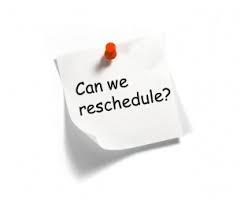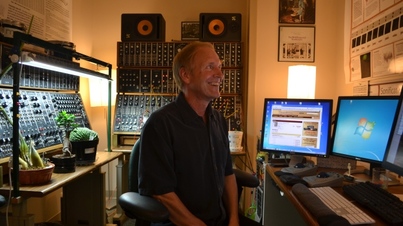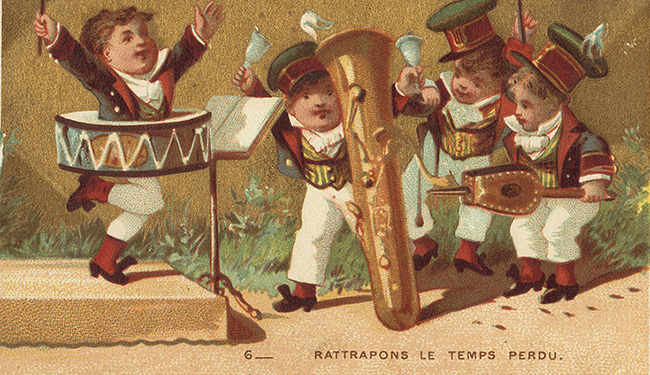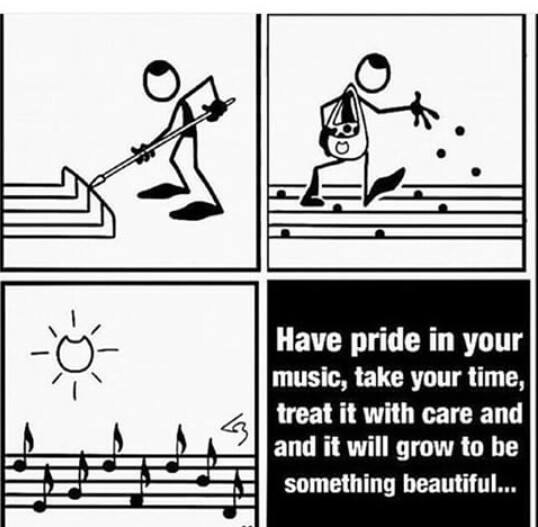The Sound Factory Music School
0 Comments
Excerpt from www.trumpetchris.com Professional and amateur performers alike have to deal with performance anxiety all the time. Some claim they eventually overcome it, some never experience it, but some of the best in the business get nervous before every single performance but still perform their best. Some get so nervous that they get violently ill before every show(!!)–but the audience never sees it. How do they do it? While everyone is different, the following 7 steps should help you on your way to becoming a more confident performer: Read the entire article.Old songs often linger in your head. Sometimes it's a pleasure and other times it's an annoyance, but those songs may be hugely significant for people suffering from neurological disorders.
Read the full article on CBC.ca
Simple, but profound, and this concept of valuing incremental progress finds its way into all walks of life, beyond music. If you exercise, you will gain strength. If you clean, your environment will become more pleasant. If you communicate, your projects will go more smoothly. If you are thoughtful and loving in your relationships, they will strengthen. Even if all you do is fifteen minutes per day.
Developing the habit of regular practice on your instrument is the most important factor in how you will improve over time. What practice means, though, varies between different people. This is a dangerous fact to drop, but I have known several world-class artists, playing in the world’s finest orchestras and with GRAMMY awards on their bookshelves, who have admitted to me that they seldom practice, in the traditional sense. No endless scales, no method books, no tedious drills. However, they do rehearse several times a week, if not every day. So, they are getting the hours in a their instruments. And I suspect at the beginning of their careers, or as children, they did put in some time developing technique. Building the initial momentum is the hardest part, so here are a few tips for getting the ball rolling.
New studies on the cognitive advantages of learning instruments at early ages Several times a week, a group of at-risk youth in Los Angeles reports to makeshift music rooms at Alexandria Elementary School near Koreatown for lessons in violin or cello or bass—and to Saturday ensemble programs where they learn to play with bands and orchestras. As the students study their instruments, researchers study the students’ brains. The children, who devote at least five hours per week to their music, are participants in the award-winning non-profit Harmony Project, which provides free instruments and instruction to kids in underserved areas of the city if they promise to stay in school. The scientists, who hail from Northwestern University’s Auditory Neuroscience Laboratory, travel from Evanston, Illinois to a satellite lab in Hollywood for a few weeks each year to examine the impact of the music lessons on the children’s language and cognitive skills. What they are finding, according to Dr. Nina Kraus, a professor and neuroscientist at Northwestern and lead researcher of the study, is that music instruction not only improves children’s communication skills, attention, and memory, but that it may even close the academic gap between rich and poor students. Kraus reported these results in a National Endowment of the Arts-sponsored webinar in July. When Plato said that music gives “wings to the mind,” he might have been onto something. Recent studies increasingly point to the power of music to shape the brain and boost its functioning. Read the whole article
Excerpted from "Make It Stick: The Science of Successful Learning"Here’s a study that may surprise you. A group of eight-year-olds practiced tossing beanbags into buckets in gym class. Half of the kids tossed into a bucket three feet away. The other half mixed it up by tossing into buckets two feet and four feet away. After twelve weeks of this they were all tested on tossing into a three-foot bucket. The kids who did the best by far were those who’d practiced on two- and four-foot buckets but never on three-foot buckets.
Why is this? We will come back to the beanbags, but first a little insight into a widely held myth about how we learn. The Myth of Massed Practice Most of us believe that learning is better when you go at something with single-minded purpose: the practice-practice-practice that’s supposed to burn a skill into memory. Faith in focused, repetitive practice of one thing at a time until we’ve got it nailed is pervasive among classroom teachers, athletes, corporate trainers, and students. Researchers call this kind of practice “massed,” and our faith rests in large part on the simple fact that when we do it, we can see it making a difference. Nevertheless, despite what our eyes tell us, this faith is misplaced. Read the full article Good news if you can’t hold a beat: An app called Steve Reich’s Clapping Music might be able to fix you. Clapping Music, from the British app shop Touchpress, is a gamified lesson in tempo.
http://www.wired.com/2015/08/rhythm-suck-addictive-game-can-help/ |
studio |
|








 RSS Feed
RSS Feed